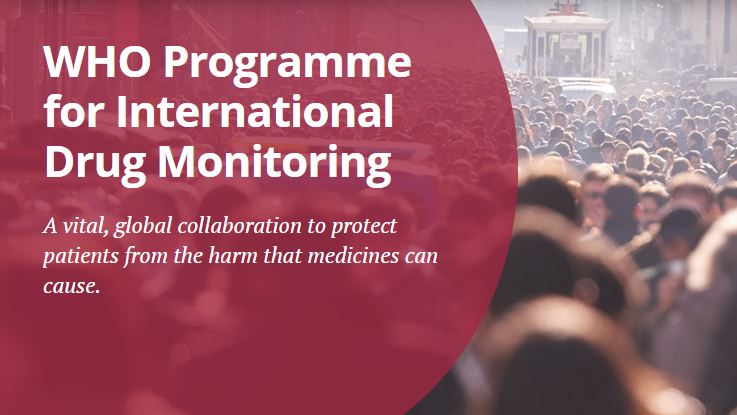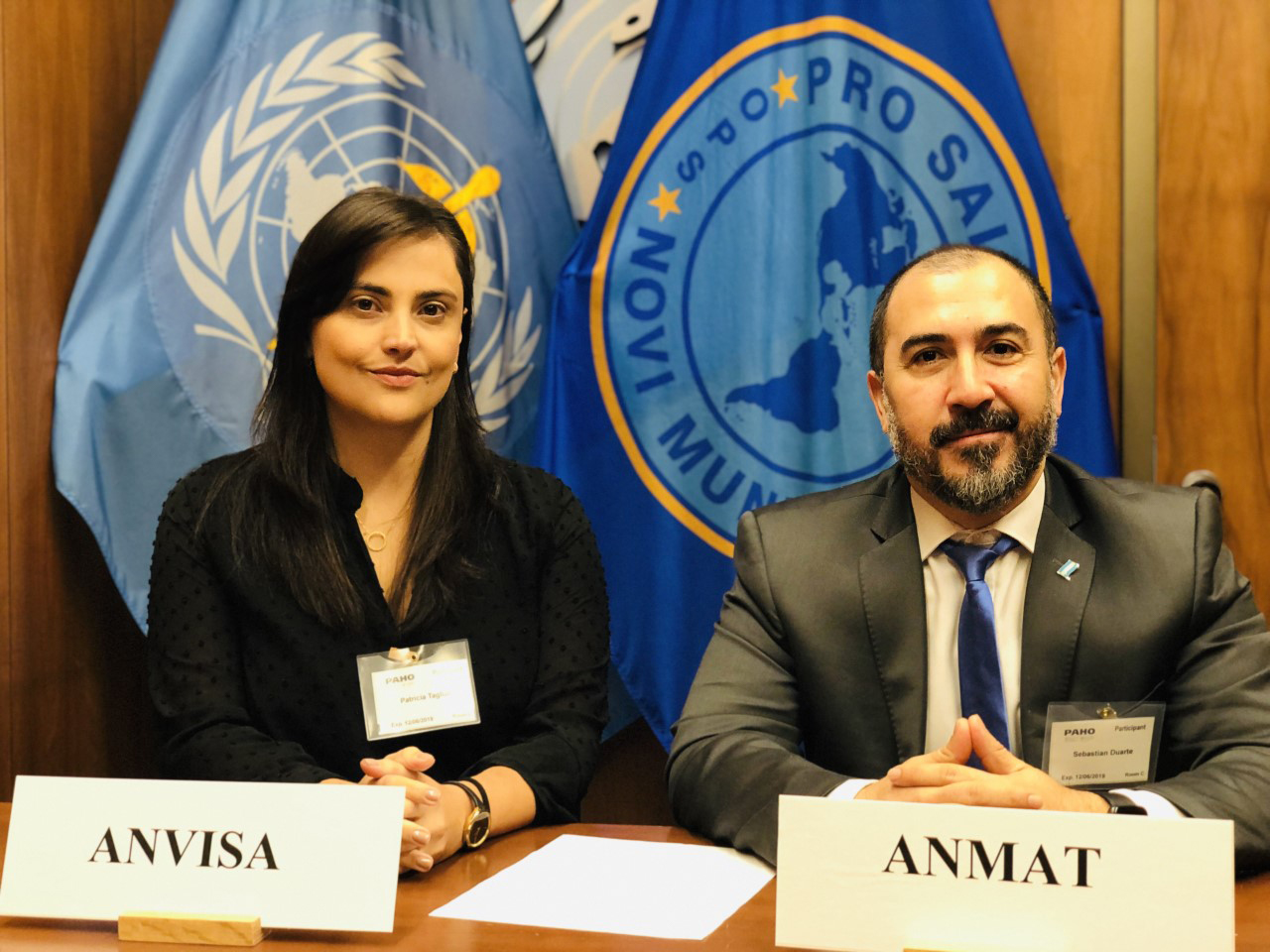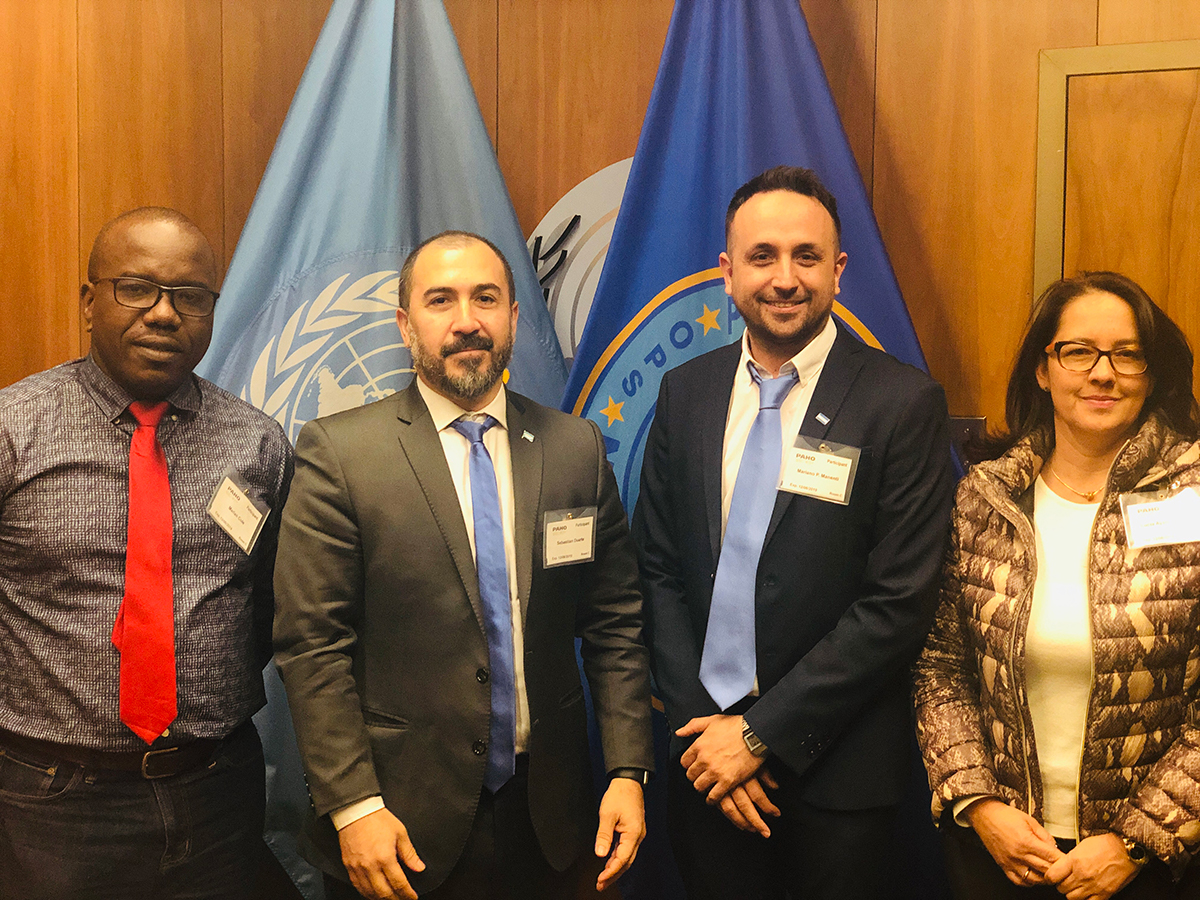WHO: There is a lot of false information around… These are the facts!
These are the facts:
🔢 People of all ages CAN be infected by the coronavirus. Older people, and people with pre-existing medical conditions (such as asthma, diabetes, heart disease) appear to be more vulnerable to becoming severely ill with the virus.
❄️ Cold weather and snow CANNOT kill the coronavirus.
☀️ The coronavirus CAN be transmitted in areas with hot and humid climates
🦟 The coronavirus CANNOT be transmitted through mosquito bites.
🐶 There is NO evidence that companion animals/pets such as dogs or cats can transmit the coronavirus.
🛀 Taking a hot bath DOES NOT prevent the coronavirus
💨 Hand dryers are NOT effective in killing the coronavirus
🟣 Ultraviolet light SHOULD NOT be used for sterilization and can cause skin irritation
🌡️ Thermal scanners CAN detect if people have a fever but CANNOT detect whether or not someone has the coronavirus
💦 Spraying alcohol or chlorine all over your body WILL NOT kill viruses that have already entered your body
💉 Vaccines against pneumonia, such as pneumococcal vaccine and _Haemophilus influenzae_ type b (Hib) vaccine, DO NOT provide protection against the coronavirus.
👃 There is NO evidence that regularly rinsing the nose with saline has protected people from infection with the coronavirus.
🧄 Garlic is healthy but there is NO evidence from the current outbreak that eating garlic has protected people from the coronavirus.
💊 Antibiotics DO NOT work against viruses, antibiotics only work against bacteria.
🧪 To date, there is specific medicine recommended to prevent or treat the coronavirus.
Check the facts on the WHO website: click here
Current information on FDA actions in response to COVID-19
On diagnostics for COVID-19
- FDA has issued an Immediately In Effect Guidance for laboratories and commercial manufacturers to help accelerate the use of test they develop in order to achieve more rapid and widespread testing capacity. The guidance also provides FDA’s recommendations regarding validation of COVID-19 tests (see section V of the guidance). The guidance can be found at the following link:
- FDA maintains a listing of the tests that are authorized for COVID-19 testing on this webpage: https://www.fda.gov/medical-devices/emergency-situations-medical-devices/emergency-use-authorizations#coronavirus2019. There are currently 9 FDA-authorized tests for COVID-19. Under the description of each test there are links to the FDA authorization letter, a package insert which describes the studies used to verify/validate the test and fact sheets for patients and physicians.
Other actions
- FDA issued a guidance on conducting clinical trials during the pandemic to help industry and investigators navigate the COVID-19 pandemic and move forward with conducting clinical trials.
- FDA has issued a letter to healthcare providers with recommendations for conservation strategies of personal protective equipment (e.g. gowns and surgical masks) for use by healthcare organizations and personnel. This letter can be found at the following link: https://www.fda.gov/medical-devices/letters-health-care-providers/surgical-mask-and-gown-conservation-strategies-letter-healthcare-providers. Also see: FAQs on Shortages of Surgical Masks and Gowns.
- FDA also announced that they would be taking steps to make more respirators, including certain N95s, available to health care personnel. Currently, the majority of respirators on the market are indicated for use in industrial settings. This action allows certain National Institute for Occupational Safety and Health (NIOSH) approved respirators not currently regulated by the FDA to be used in a health care setting by health care personnel during the coronavirus (COVID-19) outbreak, thereby maximizing the number of respirators available to meet the needs of the U.S. health care system. https://www.fda.gov/news-events/press-announcements/coronavirus-covid-19-update-fda-and-cdc-take-action-increase-access-respirators-including-n95s
FDA maintains a webpage dedicated to announcements and information related to COVID, which is updated daily. It can be found at the following link: https://www.fda.gov/emergency-preparedness-and-response/mcm-issues/coronavirus-disease-2019-covid-19
Uppsala pharmacovigilance program membership: Belize became an associate member of the WHO Program for International Drug Monitoring
Recently, Belize became an associate member of the WHO Program for International Drug Monitoring (WHO PIDM). The WHO PIDM helps countries with pharmacovigilance related activities, including provides software and analytical tools to report and analyze adverse events, provided the country can demonstrate to WHO that it has set up key elements for a successful pharmacovigilance program, including a national center, and can submit a certain number of high quality adverse event reports to WHO.
This accomplishment is the result of a focused effort on the part of the government of Belize and PAHO to strengthen regulatory functions including registration, pharmacovigilance, and post market surveillance. Regulatory strengthening in small countries like Belize can be especially challenging because small countries have fewer people to staff their agencies, small markets that do not incentivize strong industry engagement with regulation, and often times limited financing.
Belize’s strategy to improve its regulatory system makes use of new regional systems available to CARICOM countries, including CARPHA’s Caribbean Regulatory System, and its market surveillance reporting platform, VigiCarib. Belize has become a leader in CARICOM on regulatory strengthening initiatives.
Additional information: https://www.who-umc.org/global-pharmacovigilance/who-programme-for-international-drug-monitoring/
Addressing the challenges of regulatory systems strengthening in small states
PAHO’s approach to regulatory strengthening in small states, which is based on the PANDRH concept note that was presented at the PANDRH Conference in San Salvador, El Salvador, in 2018 has been published in BMJ Global Health.
The publication is available at https://gh.bmj.com/content/5/2/e001912
WHO: Public consultation of “Revision of WHO GMP for sterile pharmaceutical products – a joint EU, PIC/S, WHO project”
The draft working document on “Revision of WHO GMP for sterile pharmaceutical products – a joint EU, PIC/S, WHO project”, is for public consultation due on 20 April 2020.
Additional information available at http://www.who.int/medicines/areas/quality_safety/quality_assurance/guidelines/en/
PAHO supports the exchange of medical device audit reports between ANMAT and ANVISA: promoting reliance in the Region
National Regulatory Authorities (NRAs) of Argentina (ANMAT) and Brazil (ANVISA) made the first exchanges of medical devices audit reports using the Regulatory Information Secure Exchange (RISE) module.
Additional information here
National Regulatory Authorities of the Region participate in the Single Medical Device Audit Program Forum: towards to regulatory efficiency
Washington, D.C., 20 December 2019 (PAHO)-The National Regulatory Authorities (NRA) of Argentina (ANMAT), Colombia (INVIMA), Ecuador (ARCSA), El Salvador (DNM), Guyana (GAFDD), Mexico (COFEPRIS) and Venezuela (INHRR) have participated for the first time of the Single Medical Device Audit Program (MDSAP) Forum, held from 5-6 December 2019 in Washington D.C., USA.
For additional information please click here.
PUBLIC CONSULTATION: CALL FOR COMMENTS ON DOCUMENTS POSTED ON WHO BIOLOGICALS WEBSITE
A public consultation on the following documents is now open:
Based on WHO consultations with regulators, manufacturers and other experts the following documents were prepared and have been posted on the WHO biologicals web site http://www.who.int/biologicals/en/ for public comments:
DEADLINE for submission of comments: 12 FEBRUARY 2018
1. WHO biosafety risk assessment and guidelines for the production and quality control of novel human influenza candidate vaccine viruses and pandemic vaccines: http://www.who.int/biologicals/vaccines/INFLUENZA_BIOSAFETY_GL_draft_1_1st_PC_22_Nov_2017_TZ.pdf?ua=1
2. Recommendations to assure the quality, safety and efficacy of recombinant hepatitis E vaccines http://www.who.int/biologicals/vaccines/HEP_E_VACCINES_Recommendations_draft_1_public_consultation.pdf?ua=1
DEADLINE for submission of comments: 23 FEBRUARY 2018
1. WHO Questions and Answers: Similar Biotherapeutic Products : http://www.who.int/biologicals/QA_for_SBPs_HK_12_Dec_2017_(2).pdf?ua=1
All comments received by the published deadlines (shown above) will be considered in the preparation of documents that will be further discussed in 2018.






